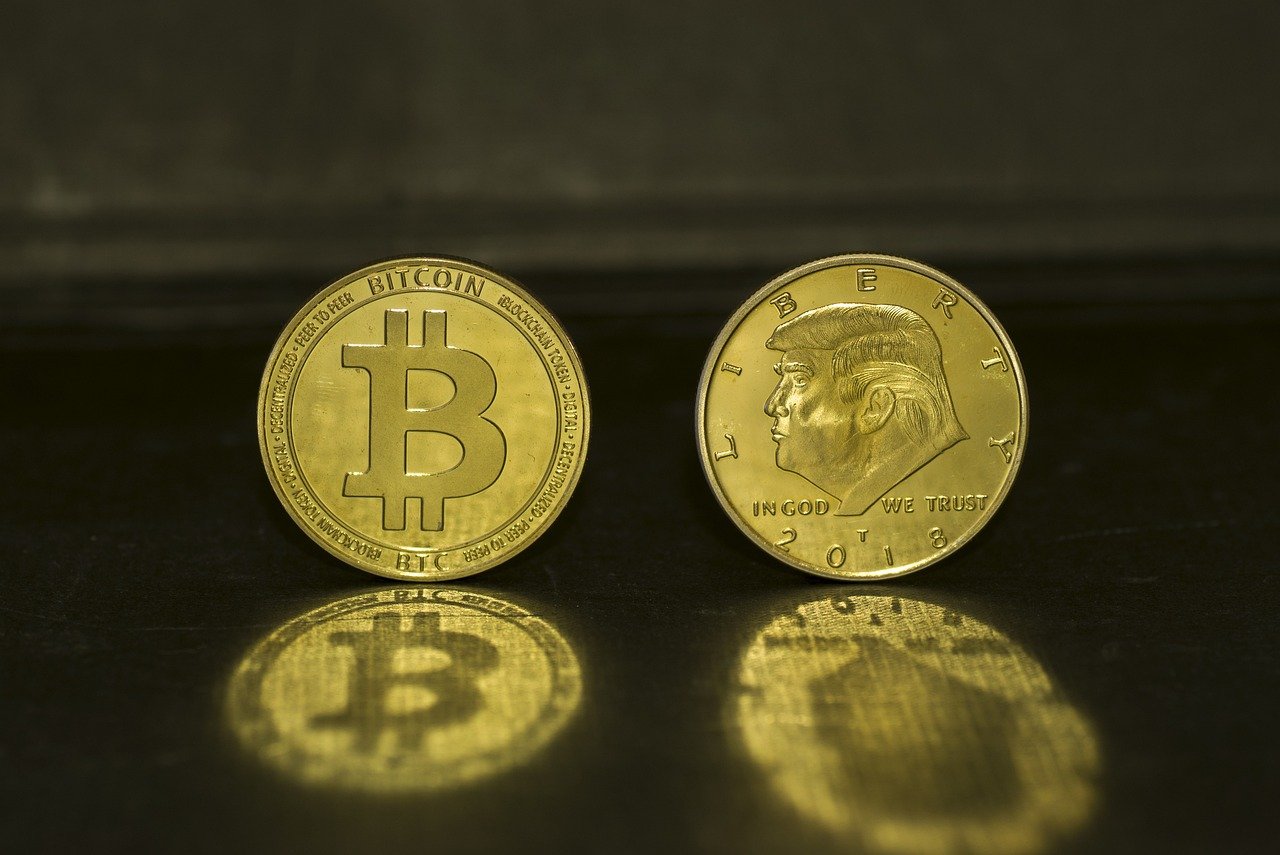$SPY $BTC $DAL
#Davos #Trump #Markets #WallStreet #Stocks #Crypto #RayDalio #DebtCrisis #Economy #Investing #Policy #Finance
The power dynamics of global capitalism and politics are converging once again as the concept of the “Davos Man” finds itself at odds with the rising influence of a potential Trump 2.0 presidency. The “Davos Man,” often seen as a symbol of globalized elites and multinational corporate interest, has long sought to champion free trade, interconnected economies, and climate policies that transcend national boundaries. However, the possibility of former President Donald Trump reclaiming the White House brings renewed attention to policies centered on “America First,” favoring protectionist trade stances and more insulated domestic economic policies. Market participants are assessing how this unfolding political landscape could affect global markets, particularly with the U.S.’s role as the centerpiece of the world economy. Corporate leaders and fund managers alike are beginning to incorporate the potential for policy shocks into their 2024 strategies, as these shifts could benefit sectors such as defense and domestic manufacturing while complicating paths for multinational industries like tech and autos.
U.S. stocks have started to show signs of vulnerability as concerns about market valuations grow. The S&P 500, represented by metrics like $SPY, continues to hover at significant multiples compared to historical norms, driven by excessive enthusiasm in a handful of mega-cap tech stocks. This has left investors increasingly cautious, especially as high interest rates persist and bond yields offer competitive alternatives. The earnings season has also thrown up mixed results, with companies needing to deliver exceptional performance to maintain elevated stock prices. Should global political uncertainties intensify—when combined with the prospect of tighter monetary policies—equity markets could see increased volatility. Crypto markets, led by $BTC, also remain sensitive, with Bitcoin struggling to sustain upward momentum as fluctuating risk sentiment keeps digital assets in a liminal state.
Meanwhile, hedge fund titan Ray Dalio has sounded a warning regarding debt issues in the United Kingdom. Speaking recently, Dalio pointed to the unsustainable levels of debt and a concerning loss of economic momentum as challenges facing the UK economy in the coming years. He drew parallels with other advanced economies risking fiscal deterioration in an environment of slow growth and high borrowing costs. The financial markets have responded by accentuating concerns surrounding UK gilts, with yields reflecting higher risks to default and inflation overshooting. If these fiscal warning signs are not addressed effectively, it could have broader contagion effects on the European Union as a whole, particularly in the bond and foreign exchange markets. The pound has faced pressure in recent sessions as investors price in economic vulnerabilities.
On a more cultural note, discussions at the Zentrum Paul Klee museum in Bern are also weaving socioeconomic themes, as Le Corbusier’s architectural innovations are explored through a modern lens. His work parallels urgent conversations about sustainability, urban planning, and wealth inequality in contemporary society. For investors and policymakers attending art exhibitions such as these, it underscores the interconnectedness of creative innovation and economic thought. As global leaders at events like Davos wrestle with reconciling capitalism with the planet’s long-term health, these reflective moments serve as more than just artistic indulgence. They could inspire fresh perspectives on the economic policies required to navigate the shifting terrain of globalization, inequality, and climate change—a balancing act that continues to shape market dynamics worldwide.











Comments are closed.